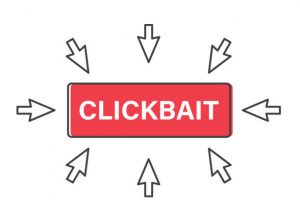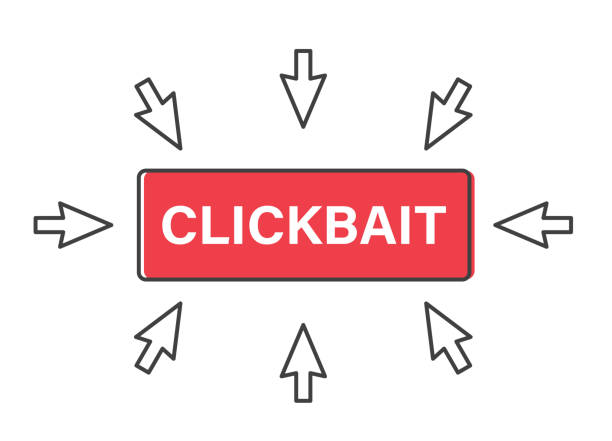How Misinformation on Social Media Affects Financial Choices
Daniel Torres
Staff Writer
Misinformation has always been one of the internet’s most glaring flaws, with its ramifications being especially prominent in social media, yet its dangerous influence goes unrecognized by most of the internet’s userbase.
Today, the foundational basis of our survival as humans is dependent on money. As such, our financial decisions dictate the success and stability of our lives, however, correctly making these decisions has grown increasingly difficult with the rampant spread of misinformation online.
In the business world, vendors never lose sight of their main goal, which is to obtain as much money from you as possible. In some cases, unethical practices are used to achieve this goal. Misinforming potential customers is just one type of unethical practice and is the most frequent instance of these practices in social media. By masking itself among the content of social media, the vendor portrays its product as trendy and practical. This can be done by publishing videos on fictitious scenarios involving the product to portray it in a favorable way that encourages its purchase. Another method of deception used in social media is “click baiting” which is the falsification or exaggeration of the introductory contents that viewers initially interact with to increase engagement. For instance, a new laptop model is being sold for cheap on Facebook, but once received after its purchase, the product turns out to be a picture of the laptop on a piece of paper. These methods often deceive viewers into believing products are more valuable or necessary than they truly are, which often results in unnecessary purchases.

Contrary to popular belief, misinformation that impacts our financial decisions isn’t always a result of an audience being intentionally targeted. Viewers can be unintentionally misled by online posts with content that are assumptions, theories, or aren’t completely true. Edited posts that exaggerate or lie about a person’s traits or surroundings, like a more masculine physique or a fake, but stunning view in Hawaii, may only have the intention of increasing the publisher’s popularity. This can result in viewers spending money to mimic or surpass them by buying a gym membership, taking supplements, or booking a vacation for instance.
On a similar note, influencers, as their title suggests, have a very large influence on what their online audience invests their time, talents, and money into. An influencer misinforming an audience has a much larger impact, because of the trust they’ve built with their audience. Influencers have grown in notoriety throughout the years as many abuse their position, the trust they’ve accumulated and, in some cases, the naiveite of their audience to manipulate their financial decisions for personal benefit. There are many scandals where influencers omit or lie about information to sell a product or obtain more money. Conversely, audiences may donate to influencers without fully understanding the scope of the influencers’ profits and therefore feel mislead when it’s revealed they are extremely wealthy. On the other hand, newly made influencers have a greater risk in terms of financial spending since their intentions lack clarity. After recently rising to fame, internet stars Haliey Welch and Maverick Trevillian created their respective cryptocurrencies “HAWKTUAH” and “67COIN” mere months after their debuts, which were later revealed to be rug pulls that scammed investors.
Misinformation, whether it’s targeted or not, is undoubtably harmful for wallets. From deep fakes to unresearched assumptions, misinformation is everywhere on the internet. The question is how do we avoid making poor financial decisions when encountering misinformation? You should avoid making impulsive decisions, like investing in stock immediately after hearing it’s forecasted success. Make sure to research, fact check information and be skeptical, especially with unreputable sources. AI can even be unreliable at times since it gathers information from the entirety of the internet, including opinions and misinformation.
Remember not everything you see on the internet is true.
Contact Daniel at daniel.torres2@student.shu.edu

